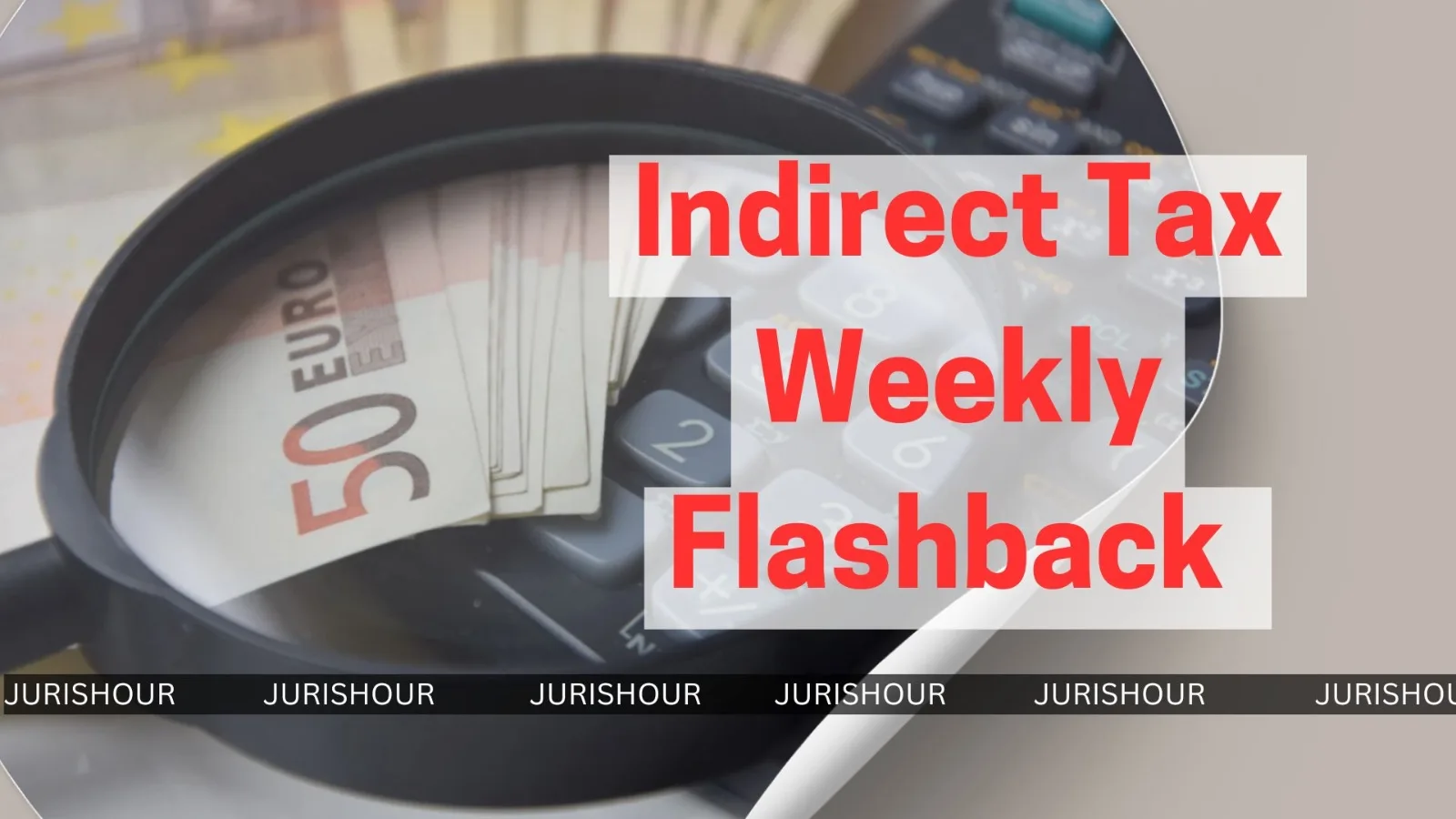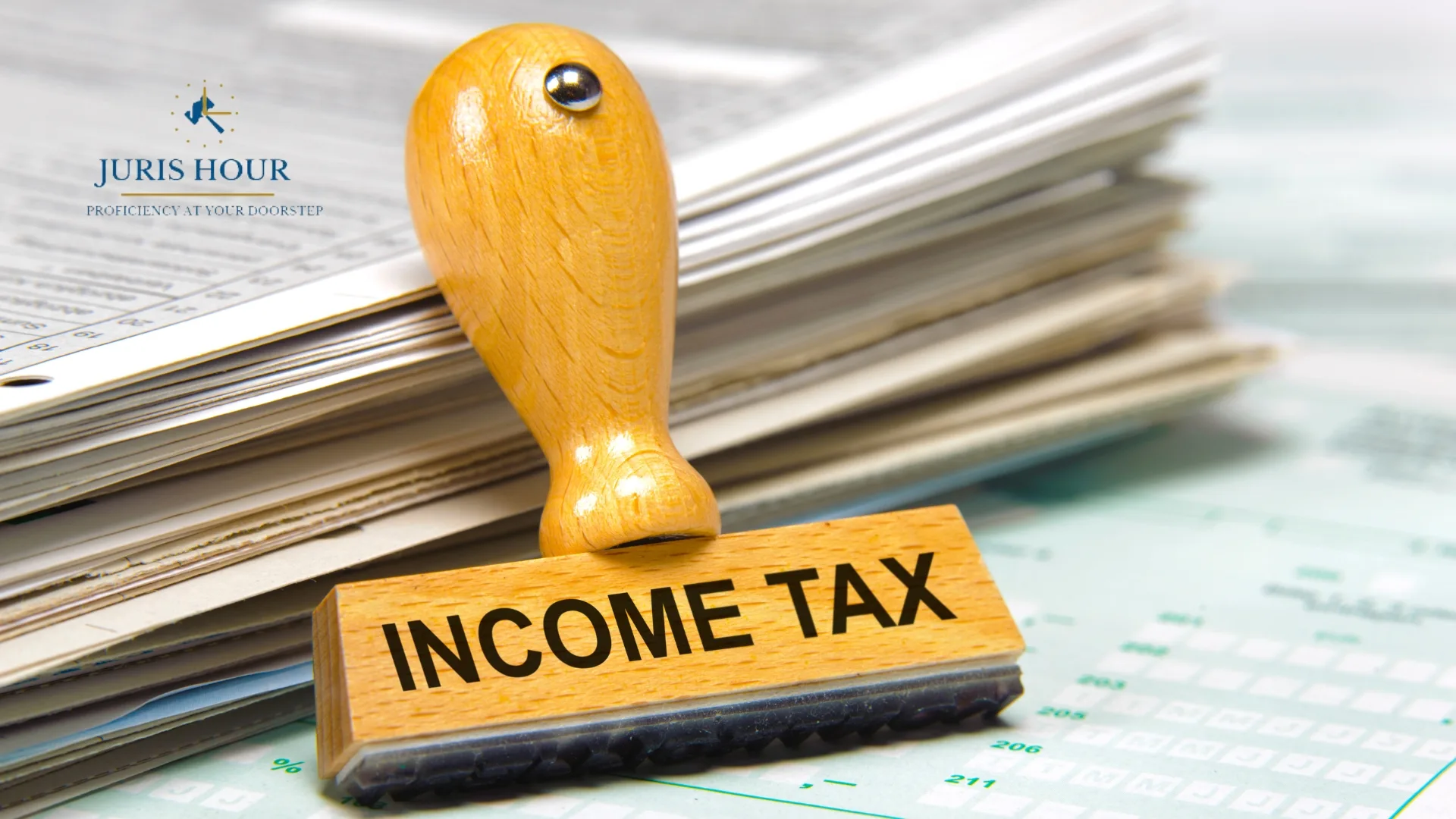Income Tax Weekly Flashback for the period 16 December 2024 to 22 December 2024.
Table of Contents – Income Tax Weekly Flashback
Delhi High Court
Delhi High Court Quashes S. 148 Notice Against Goibibo Group Citing Supreme Court’s Decision In Rajeev Bansal Case
Case Title: IBIBO GROUP PRIVATE LIMITED Versus ACIT
In a major relief to Goibibo, the Delhi High Court, in a recent judgment, quashed a Section 148 notice for AY 2015-16 in light of the Supreme Court’s ruling in Union of India vs. Rajeev Bansal.
The bench of Justice Yashwant Varma and Justice Dharmesh Sharma has observed that the Finance Act, 2021 ((2021) 432 ITR (Stat) 52) substituted the old regime for reassessment with a new regime. The first provision to section 149 does not expressly bar the application of Taxation and other Laws (Relaxation and Amendment of Certain Provisions) Act, 2020.
Liaison Office Of Western Union In India Doesn’t Constitute PE As Per India-US DTAA, Rules Delhi High Court
Case Title: Director Of Income Tax Intn’l Versus Western Union Financial Services
The Delhi High Court has held that the liaison office of Western Union in India does not constitute Permanent Establishment (PE) as per India-US Double Taxation Avoidance Agreement (DTAA).
The bench of Justice Yashwant Varma and Justice Ravinder Dudeja while putting an end to 18 years old battle has observed that the software utilised for the purpose of connecting the Indian agents to the mainframe, being intangible property, would invariably be excluded from the threshold of PE. The argument of the premises of the Indian agents constituting a PE is clearly misconceived since these were independent third parties having their own business portfolio. Their premises, in any case, would not satisfy the test of virtual projection.
Bombay High Court
BREAKING | Bombay High Court Directs CBDT To Extend ITR E-Filing Deadline
Case Title: The Chamber of Tax Consultants Versus Director General of Income Tax (Systems) & Ors.
The Bombay High Court has directed the Central Board of Direct Taxes (CBDT) to issue requisite notification under Section 119 of the Income Tax Act extending the due date for e-filing of the income-tax returns in relation to the assessees who are required to file a return of income by December 31, 2024, at least to January 15, 2025.
Chhattisgarh High Court
Chhattisgarh High Court Condones Delay Of 55 Days In Filing Appeal Before ITAT
Case Title: Navodit Samaj Sevi Sanstha Versus ITO
The Chhattisgarh High Court has condoned the delay of 55 days in filing appeal before Income Tax Appellate Tribunal (ITAT) on the grounds that there was no allegation that delay in filing the appeal is mala fide or it is deliberate, rather it is bona fide based on wrong advise of his counsel to reapply for registration.
ITAT
Gain On Crypto Currency Sale Prior To AY 2022-23 Chargeable To Tax As Capital Gain : ITAT
Case Title: Raunaq Prakash Jain Versus ITO
The Jodhpur Bench of Income Tax Appellate Tribunal (ITAT) has held that the gain on sale of crypto currency (bitcoin) prior to AY 2022-23 is chargeable to tax as capital gain.
The bench of Dr. S. Seethalakshmi (Judicial Member) and Rathod Kamlesh Jayantbhai (Accountant Member) has observed that the assessee is not regularly dealing in purchase/ sale of shares/ crypto currency. His intention is to hold for long term capital gain which is more evident from the fact that he made investment in crypto currency during FY 2015-16 which was sold in FY 2020-21 and the gain on sale of crypto currency is invested for purchase of house. This proves that intention of the assessee in making investment in crypto currency is to hold it and to earn long term capital gain.
Vessel Hire Charges Not Royalty Under India-Singapore DTAA: ITAT
Case Title: Kreuz Challenger Pte Ltd. Versus ACIT
The Delhi Bench of Income Tax Appellate Tribunal (ITAT) has held that vessel hire charges not royalty under India-Singapore Double Tax Avoidance Agreement (DTAA).
The bench of Anubhav Sharma (Judicial Member) and M. Balaganesh (Accountant Member) has observed that the payments received by the assessee are business receipts and the assessee does not have a PE in India. Therefore, the assessee is entitled to be benefitted of the DTAA provisions. Now, merely because of the fact that the assessee had applied for lower deduction certificate under section 197 of the Income Tax Act, that in itself cannot be a basis for imposing a tax liability as no admission against the interest of person is conclusive as far as it can be explained.






